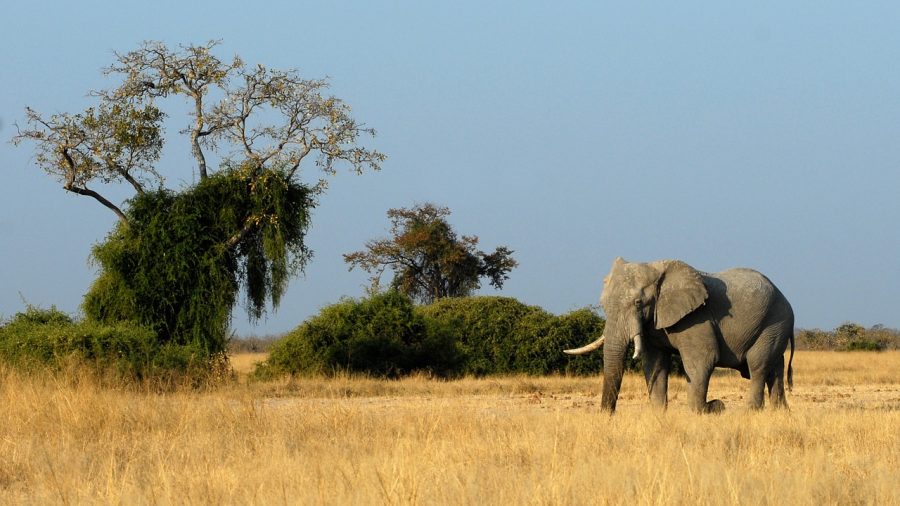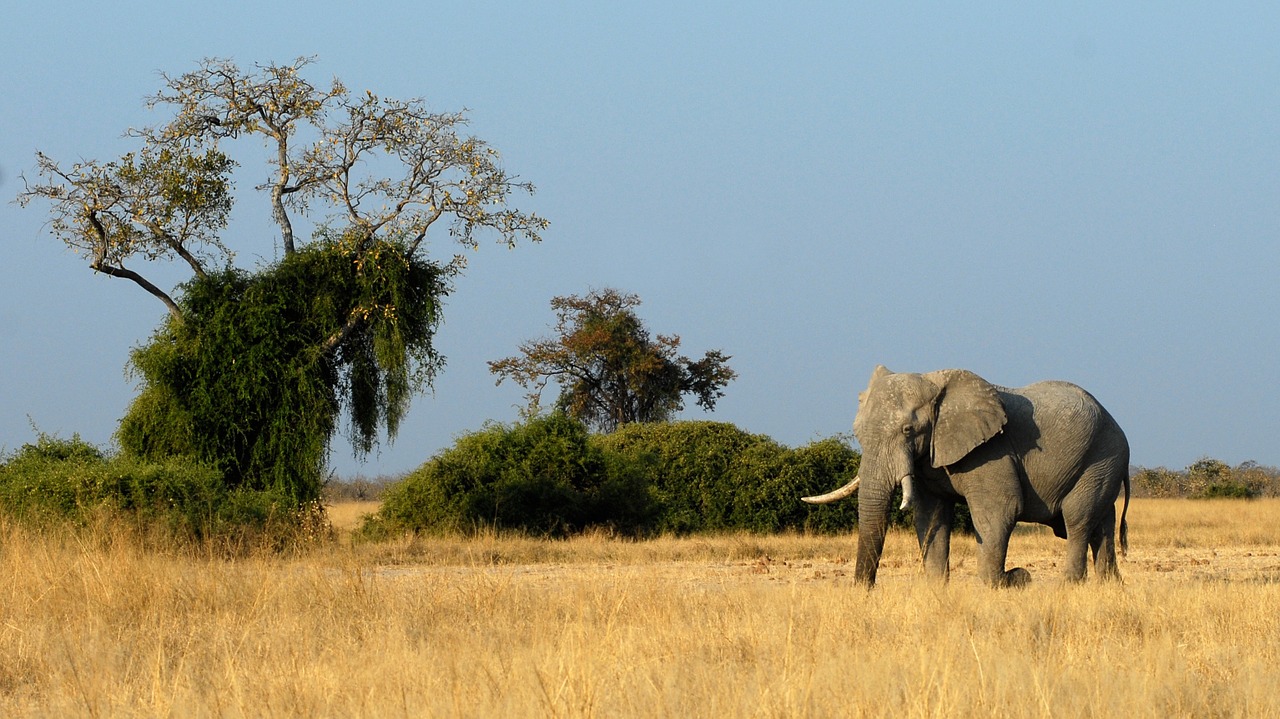
Botswana Refutes Elephant Poaching Spree Reports, After 87 Carcasses Found
The Botswana government has issued a statement refuting local and international reports of an alleged elephant poaching massacre that has resulted in the carcasses of 87 slain elephants being found near the Okavango Delta wildlife sanctuary. The 87 carcasses have been counted by Elephants Without Borders (EWB), a conservation nonprofit organisation that has been contracted […]

The Botswana government has issued a statement refuting local and international reports of an alleged elephant poaching massacre that has resulted in the carcasses of 87 slain elephants being found near the Okavango Delta wildlife sanctuary.
The 87 carcasses have been counted by Elephants Without Borders (EWB), a conservation nonprofit organisation that has been contracted by the local government to conduct an aerial survey during the dry season.
The survey began at the start of July and by 31 July EWB had counted 53 carcasses. This week that figure rose to 87, and the survey isn’t finished yet. In 2014, the last time such a survey was conducted, only nine recently killed elephants were found.
EWB believes the carcasses were poached as the skulls of the elephants were chopped off, presumably to remove the tusks; and it appears poachers had tried to hide the “massacre” by concealing the carcasses with drying bushes, reported the BBC.
EWB’s director Mike Chase told the National Geographic: “It came as a complete shock that we were discovering elephants that were poached deep within Botswana [beyond the borders] within some world-renowned tourist concessions. It was completely unexpected.”
Botswana has the world’s largest elephant population. On Tuesday night its Government said it was concerned by these “unsubstantiated and sensational media reports”.
The government says the stories alleging 90 elephants were “indiscriminately killed recently” are false and misleading.
“At no point in the last months or recently were 87 or 90 elephants killed in one incident in any place in Botswana,” said the statement.
EWB told the BBC this scale of poaching deaths is the largest seen in Africa and the “spike coincides with Botswana’s anti-poaching unit being disarmed”.
The government claims the withdrawal of weapons did “not in any way affect the effectiveness and operations of the anti-poaching units” and that other strategic interventions are being used.
Chase said while they had been warned of an “impending poaching problem” they were not prepared for the alarming rate.
The Botswana Government says that of the 53 that were initially reported “the majority were not poached but rather died from natural causes and retaliatory killings as a result of human and wildlife conflicts.”
The government condemned in the “strongest terms” attempts by individuals and groups to give a “false impression that they love Botswana wildlife more” than Botswana’s own citizens do.
In response to the Government statement, Chase told National Geographic: “I am an objective scientist, with no political agenda. I am sad that our government has responded in this way.”
WATCH 87 elephant carcasses found in Botswana
https://www.facebook.com/BotswanaGovernment/posts/1835804989835484?__xts__%5B0%5D=68.ARCBEa1-a1Qh2ErPT0SruWZKkQVkEsVkQp_h7NEB1g5pv4hpHypRjd_EYVgqqvbBwKn4TgiV2d3OK8of1z9IV_vBc9lm8_FE8b2CVtXXyARTIKHQRmn0ZGswpNf4LQJyk5gxIVZIKtBs38-J0atXYM1Cs00csC65QZWrajdG1c-lx6a5HsQR2g&__tn__=-R
